Dhaka, Sep 07 (V7N) – Eminent writer, researcher, intellectual, and leftist politician Badruddin Umar has passed away at the age of 92. He breathed his last at a private hospital in Dhaka on Sunday morning, where doctors declared him dead at 10:05 am.
Family sources said Umar had been suffering from age-related complications for a long time. On Sunday, he was taken to the hospital in an unwell condition, where medical tests confirmed his death.
His body will be kept at the Central Shaheed Minar tomorrow (Sept 8) at 10 am to allow people to pay their respects. After the funeral at the Central Mosque of Dhaka University, he will be laid to rest beside his parents’ graves at Jurain Graveyard.
Badruddin Umar was born on December 20, 1931, in Burdwan, then under the Bengal Presidency of British India, to Abul Hashim and Mahmuda Akhtar Meherbanu Begum. His family permanently settled in Dhaka in 1950.
He earned his BA (Hons) from Dhaka University in 1953, followed by an MA in Philosophy in 1955. Later, in 1961, he completed a degree in Philosophy, Politics, and Economics (PPE) from Oxford University.
Umar began his career as a part-time lecturer at Dhaka University before joining Rajshahi University in 1963, where he headed the newly formed Political Science Department until 1968. Leaving academia, he devoted himself to leftist politics, serving as president of the Bangladesh Krishak Federation and central coordinator of the Democratic Revolutionary Alliance. He later joined the Communist Party of East Bengal in 1975 and, in 2003, founded the National Liberation Council.
A prolific writer, Umar authored more than 60 books on politics, history, philosophy, and society. His most acclaimed works include East Bengal's Language Movement and the Politics of the Time, Crisis of Culture, Cultural Communalism, Ishwar Chandra Vidyasagar and the Bengali Society of the 19th Century, Problems of the Communist Movement in Bangladesh, Pre-war Bangladesh, and Post-war Bangladesh.
Earlier this year, the government nominated him for the Independence Award, Bangladesh’s highest civilian honor, in recognition of his lifelong contribution to education and research. Umar, however, declined, saying:
“Since 1973, I have been offered awards from various government and private organizations. I have not accepted any of them. I thank the interim government for considering me, but it is not possible for me to accept this award either.”
Badruddin Umar leaves behind a lasting legacy as one of Bangladesh’s most uncompromising intellectuals, who combined his academic brilliance with a lifetime of activism for justice, equality, and progressive politics.
END/SMA/AJ



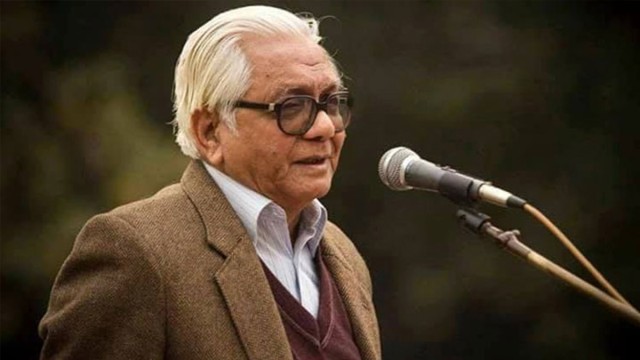

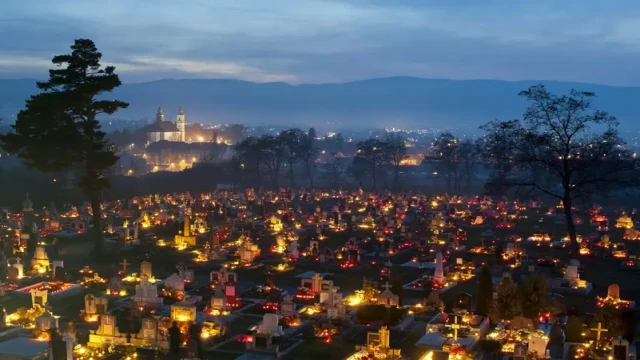

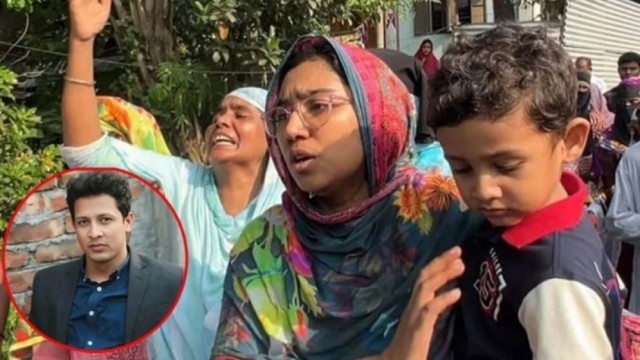
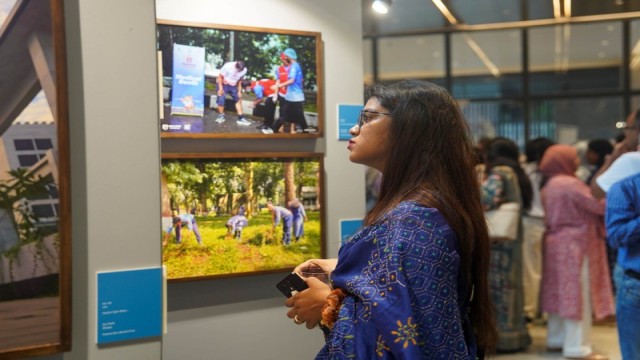

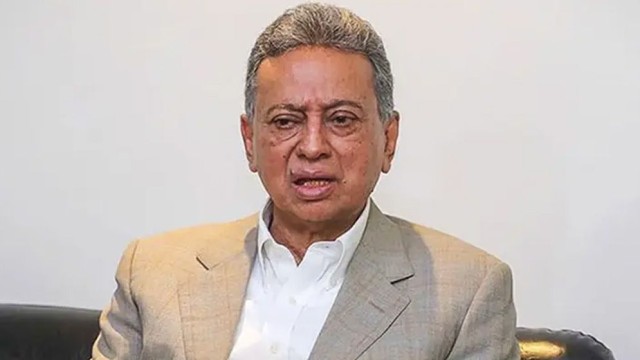





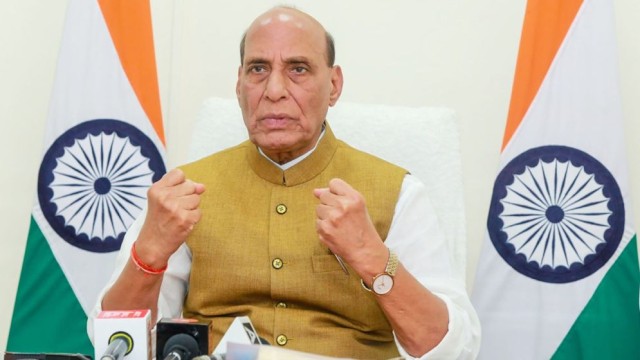
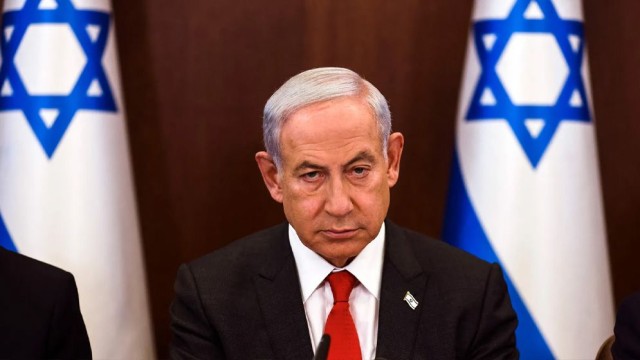
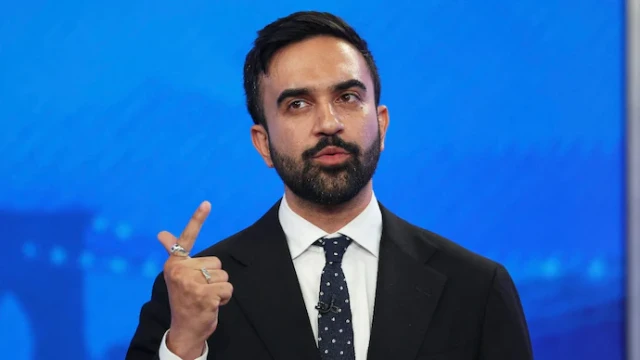


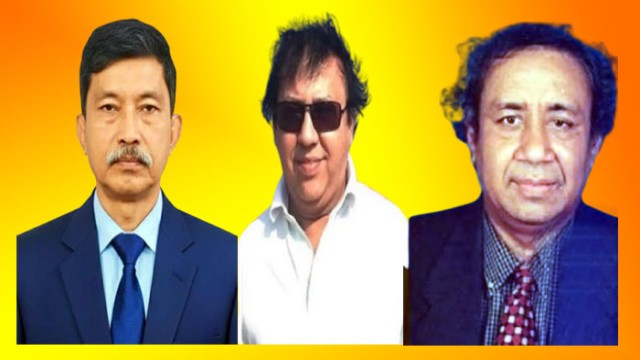
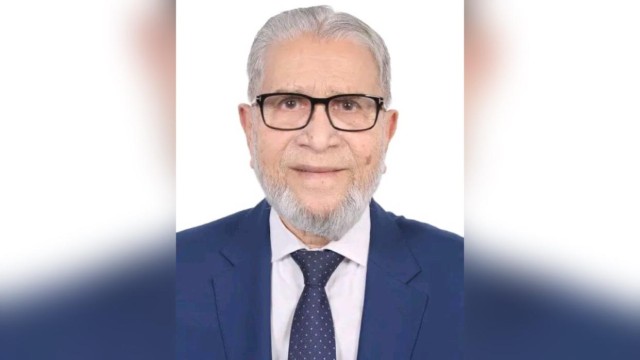
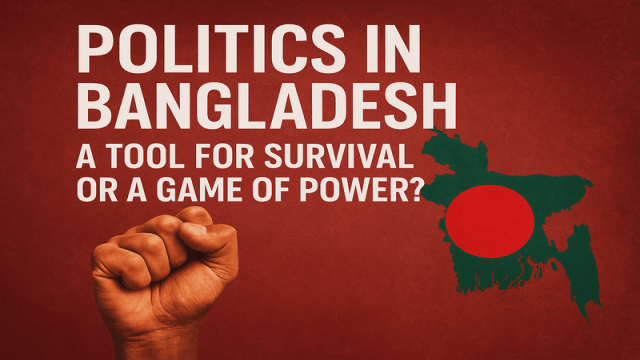
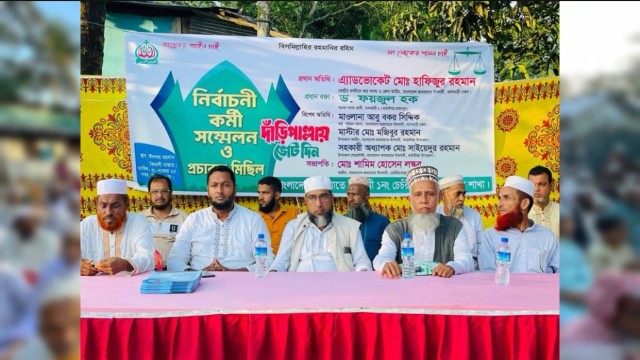

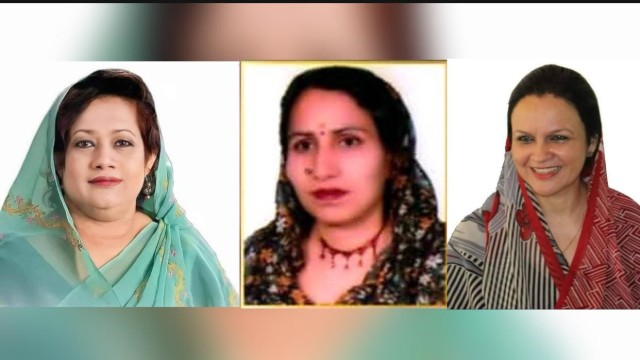
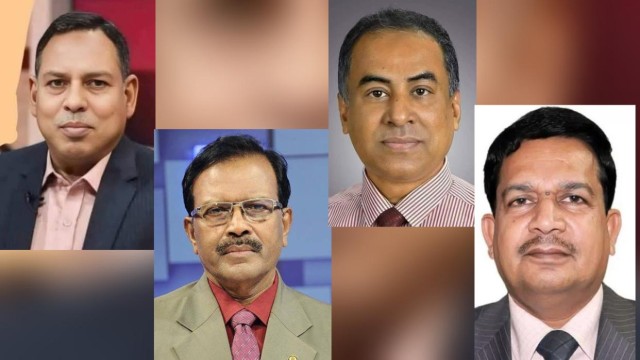



Comment: